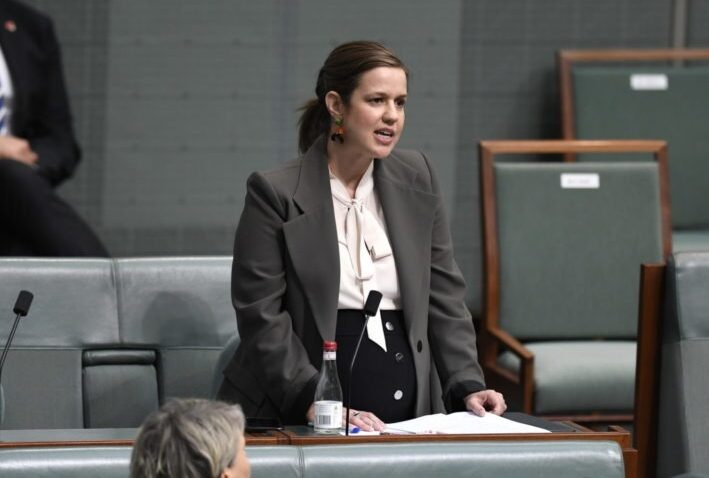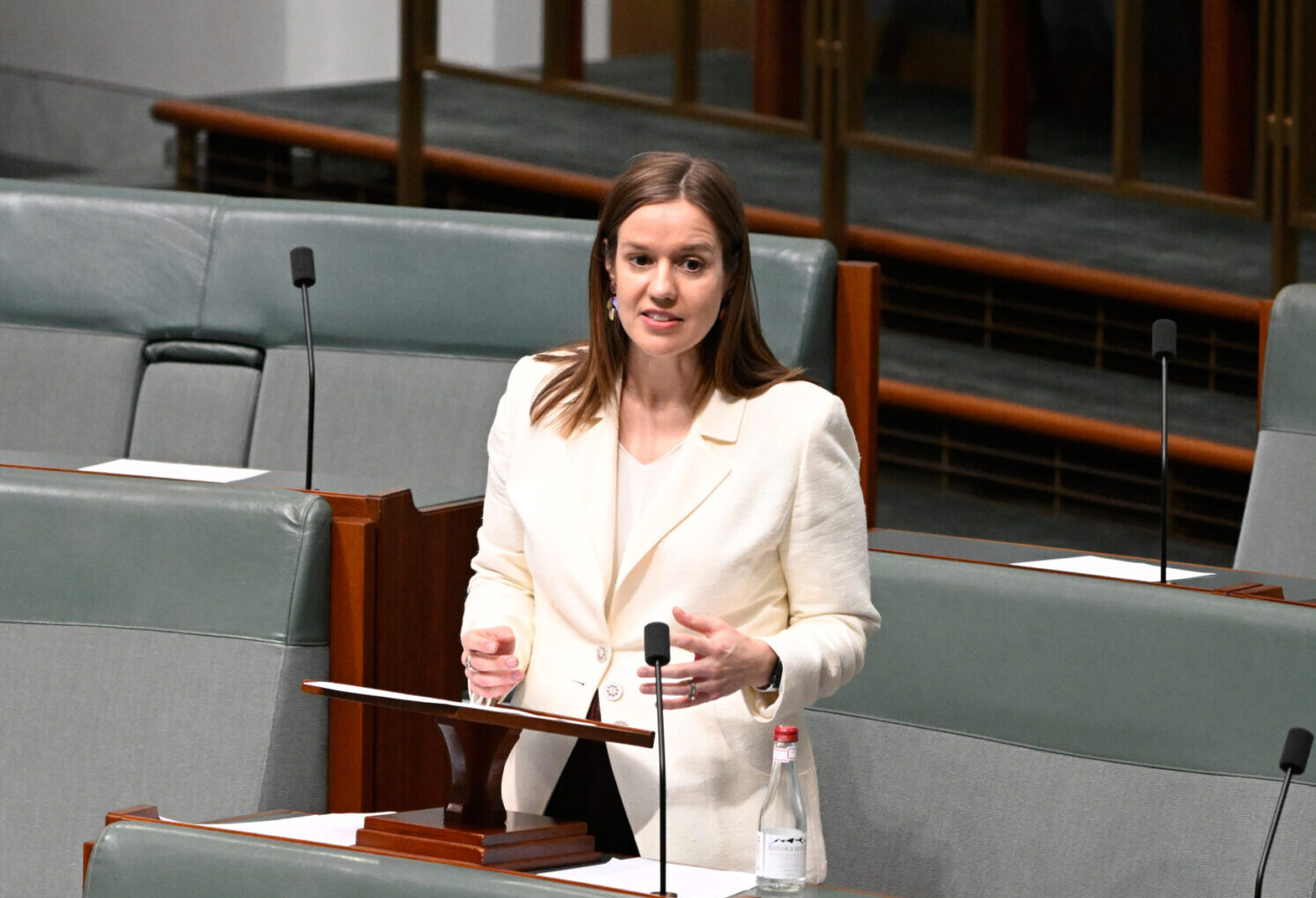I begin by noting that I’m speaking today on Ngunawal and Ngambri country and I pay my respects to elders past, present and emerging. Thank you to the member for Herbert for his very personal contribution. It was a very important personal contribution, as were all the personal contributions to this anniversary debate. These contributions really highlight that it is important that this parliament continues to mark the historic apology Prime Minister Kevin Rudd delivered, because the effects of the policies and the practices of the stolen generations reverberate down generations. That’s why that apology made 14 years ago needed to be made. It was a very special day in this place. I wasn’t here then, but I’ve heard from so many people about the emotion involved in it. It took so much courage for people who’ve been so wronged to come to this parliament—this institution that had failed them so profoundly—and the members of the stolen generations came here to Parliament House to witness that apology.
It was an apology that was a long time coming and it was promised to them after years of rejection and resistance. I believe it was a unifying moment, and for many it is one that will never be forgotten. I think it says a lot about the priorities of a Labor government, of former Prime Minister Kevin Rudd, that it was the first order of business of his new government. On that day, Prime Minister Rudd said:
We today take this first step by acknowledging the past and laying claim to a future that embraces all Australians.
And it must be said that we can’t look to our future without reflecting and being honest on the past. Until we acknowledge the full weight of our history, the full truth of our history, we will always be burdened by it. It is important the wrongs be acknowledged, that we learn from them, and that we look and seek for the ways of healing.
Until last year, this anniversary was also the time when we assessed the Closing the Gap report in this parliament, the annual report that still catalogues the unacceptable chasms that divide Indigenous and non-indigenous people in Australia. And those chasms are a reminder that speeches do not always lead to action. They can just be words if we don’t all commit to actions that do better.
The historic speech to the stolen generations will always hold its special place in our national story. But it should hold a special place as the start of a new chapter, not as the end of a chapter. The next chapter must be about the Uluru Statement from the Heart. I actually feel very proud as an Australian that we have been given the Uluru Statement from the Heart, that it has been generously presented to us, that Indigenous people are saying to us, ‘Here, take it—we can go further as a nation.’ We should feel the generosity of that request for us to take it up and the possibility of the requests that are in that statement: voice, truth, treaty. Labor is committed to all three, to the voice to parliament, enshrined in our constitution; to truth, without which we really can’t walk forward together as a nation; and to treaty, emerging from a makarrata commission, which Labor will establish.
Truth can be confronting. But truth does not have to lead to conflict. Truth-telling could and should be seen as a step in finding grounds for the healing that allows this country to write that next chapter, to write a better chapter. We should come to the process of truth-telling not as if we’re approaching a battle but as if we are open to exploring the terrible things that happened, to acknowledging those and to finding a way forward.
The apology that was given in this place was incredibly important in helping us to confront a painful past, to bring us to the end of one journey, and now hopefully to the beginning of another one. It is important we acknowledge this anniversary. It is even more important that we acknowledge the work is not done and that we get on with delivering the Uluru Statement from the Heart.

